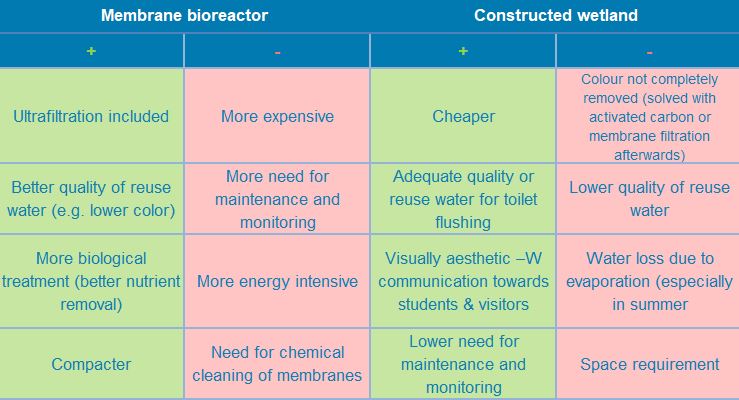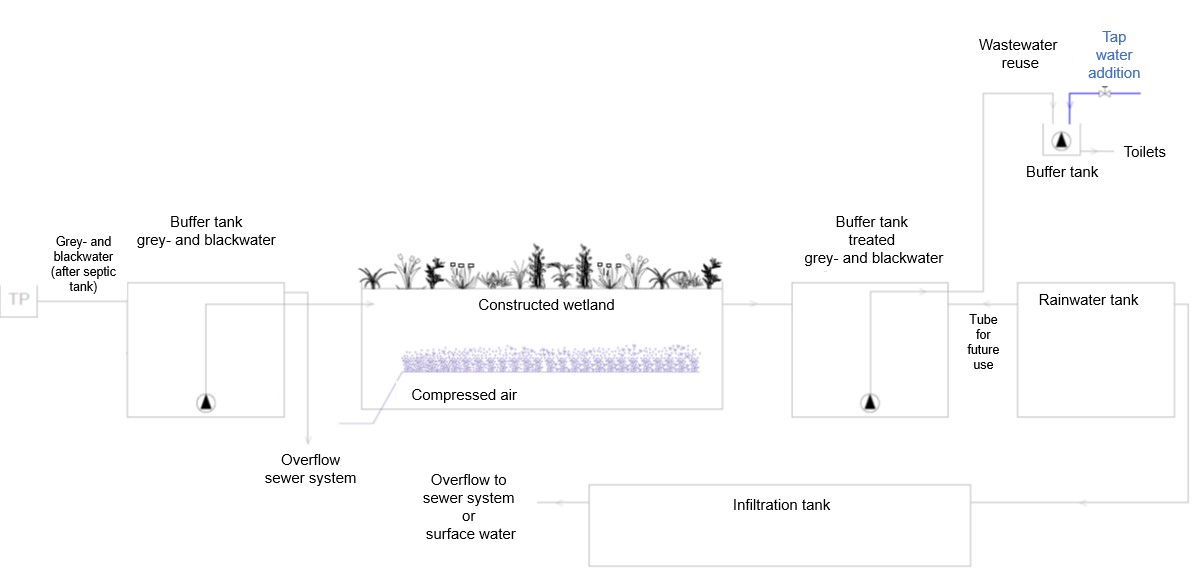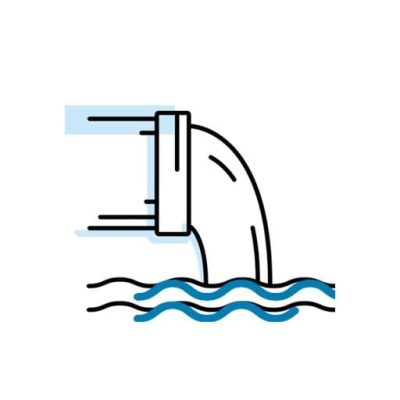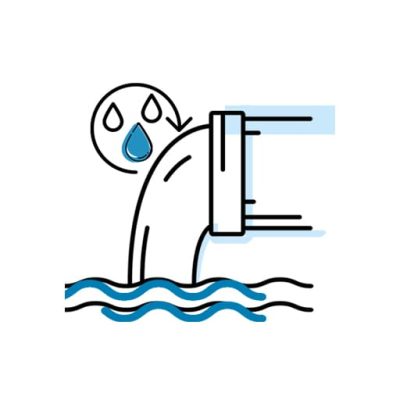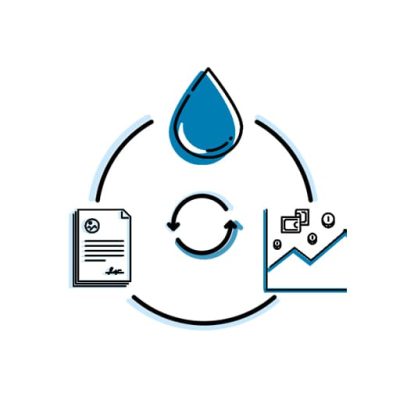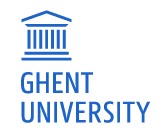
Ghent University is a top 100 university and one of the major universities in Belgium. Our 11 faculties offer more than 200 courses and conduct in-depth research within a wide range of scientific domains. Ghent University Global Campus is also the first European university in Songdo, South Korea.
As a first step, Water Experts mapped the expected water flows in the buildings and simulated on a daily basis the capture and reuse of rainwater for toilet flushing. Toilet flushing contributed to about 22% of the total water use, which would mean a substantial saving.
Rainwater could provide most of the water for toilet flushing (84% on average), but city water addition was necessary. In addition, rainwater is a variable source of water, with rainfall intensity and droughts intensifying.
Greywater, on the other hand, is a stable source of water that also comes with higher cost savings, as rainwater use only saves on the delivery of city water and not the discharge or treatment, whereas greywater reuse inherently means lower water abstraction and lower discharge.
For one of the student homes, rainwater reuse would result in a potential saving of about €3.300 per year, whereas greywater reuse would potentially save about €8.000.
From an ecological perspective, water reuse compared to rainwater reuse could be advantageous as well. When reusing water, rainwater can be infiltrated to augment our groundwater reserves. In case more reuse is wanted in the future, rainwater could still be used to compensate for the water loss in wastewater reuse treatment.
Lastly, in case grey- and blackwater could be collected and treated together, infrastructural works would be simplified, as greywater reuse apart from blackwater discharge means that more piping is to be installed.

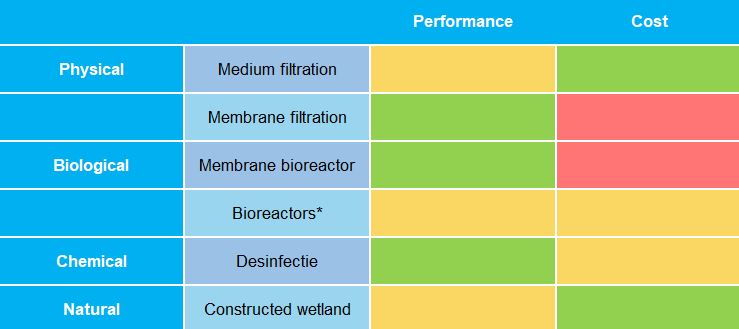
A membrane bioreactor and constructed wetland was designed to treat wastewater for toilet flushing and several technology providers were contacted to estimate the cost for such systems.
